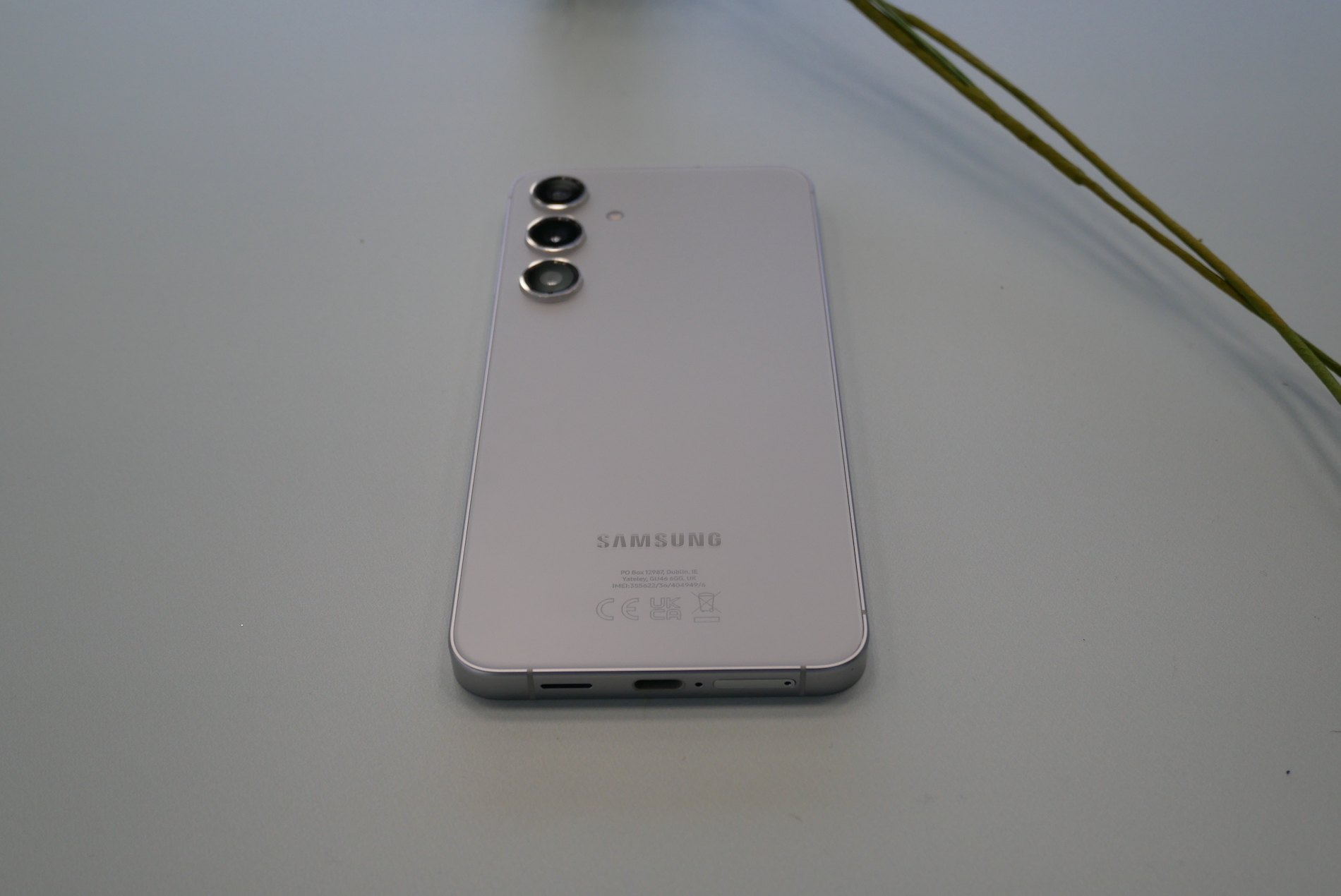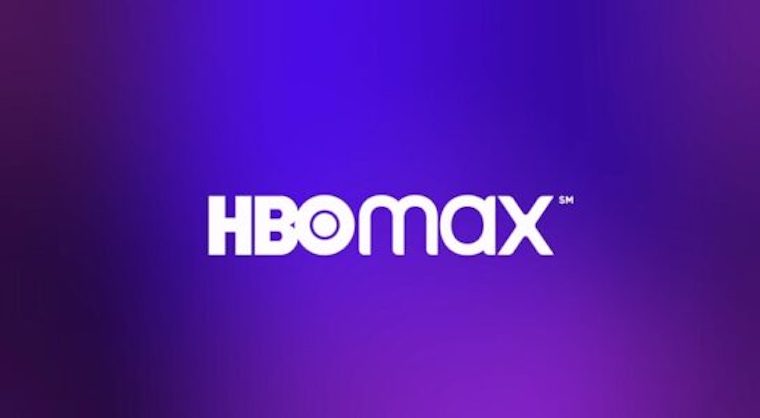Commercial message: The offers of mobile tariffs in the local market are often similar to each other, and one has to either find out about the advantages from the operator himself or get them thanks to the employer. This situation does not only bother customers, but the Czech Telecommunications Authority is also trying to change the dream in the long term. Will the new operator change anything?
Competition is needed
It is ČTÚ that has the opportunity to bring some life into a non-competitive environment. One possibility would be to launch a new operator on the market that could offer competitive services and thus force others to take action. So we ask, what can we expect from the fourth operator and in what time frame will it appear?
Foreign envy
Italy went through a price revolution already in 2018, when the Iliad company entered the local telecommunications pond and immediately muddied its waters. Immediately after entering the market, Iliad offered a tariff that we can only dream about - for 160 crowns, clients will receive unlimited call and text minutes, along with 30 GB of mobile 4G data. Compared to other Italian operators, Iliad offers services that are a third cheaper. In the next few years, the company wants to control 10% of the mobile market and it looks like there is no stopping it. Before Iliad went to Italy, this operator was able to build a strong position in France with a similar tactic, starting to offer services even 80% cheaper than others.
Not enough would be enough
A less extreme price war would probably be enough for our clients to stir up competition and mobile tariffs, which does not save so much with mobile data. The fact remains that the Czech Republic has the worst tariff offers in the entire EU, with the exception of Cyprus, which lags slightly behind us in data prices. Most of our neighbours, especially Poland and Austria, are also faring significantly better. In Austria, they attribute the main share of the emergence of a favorable market with mobile tariffs to the gradual arrival of the current 5 operators.
Hope and pessimism
We will first learn about the new potential operator at the beginning of 2020, when the winners of the ČTÚ auction for the frequency bands 703-733 MHz and 758-788 MHz will be announced. So far, it looks the most promising for the company Nordic Telecom, but there is also a real risk that the current three operators in the form of O2 would divide the bands among themselves, T-Mobile and Vodafone.
But some people fear that even the entry of a new operator will not help the local market. The ČTÚ already described the mobile market as uncompetitive in 2012, and O2 responded by rapidly discounting some favorable tariffs. Other operators immediately discounted a similar tariff as well and a new balance was created that maintained and still maintains the current status quo. The fourth operator could thus become part of an already existing oligopoly instead of an instrument of competition.
We do not yet know who will come to the market, when and with what offers. However, the current situation seems unsustainable in the long term and there must be a change in the mobile market soon. It may come in the form of state regulation, but most likely it will be a new operator. One that we hope can improve the quality of services and reduce the prices we pay for them.




